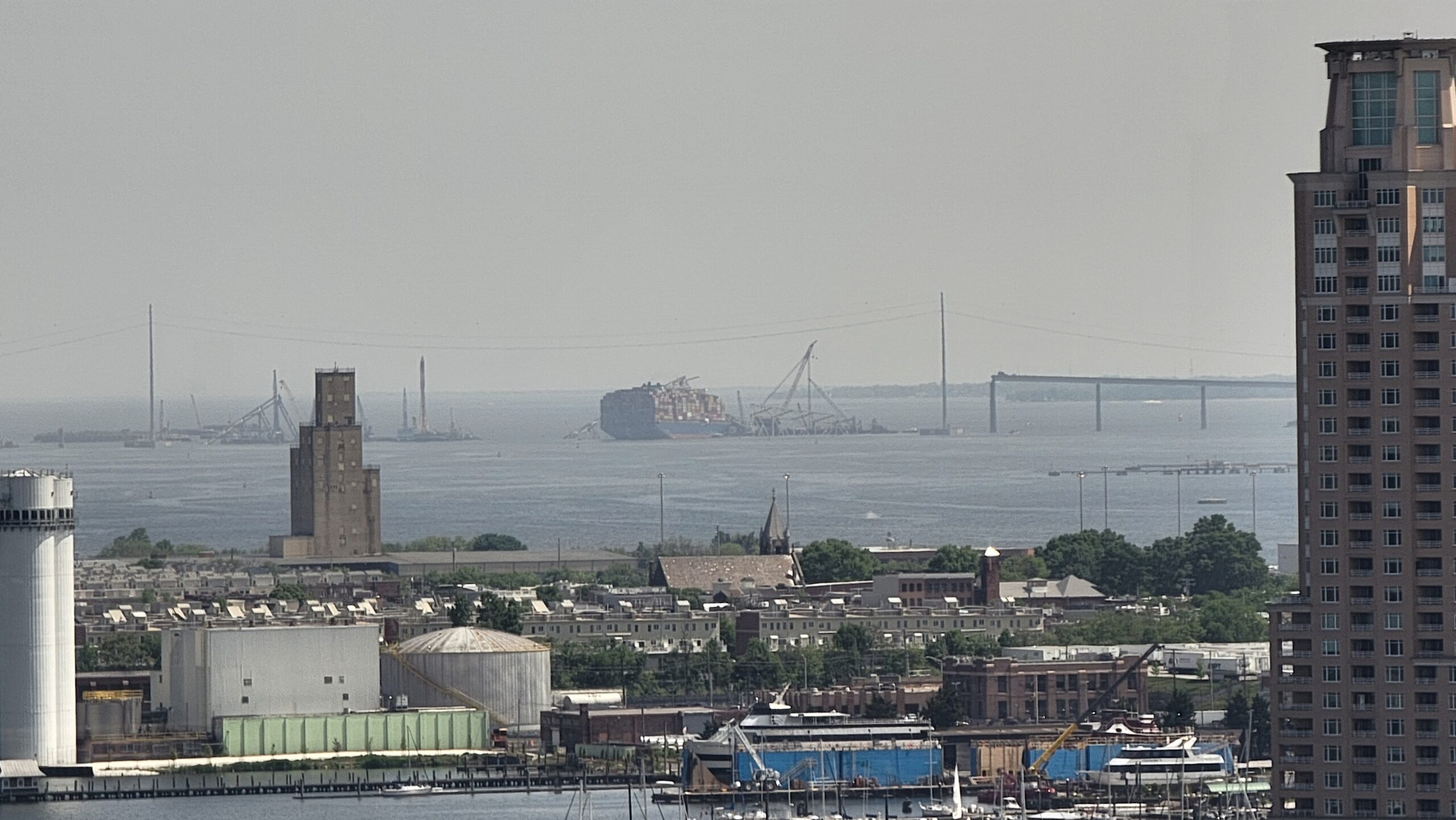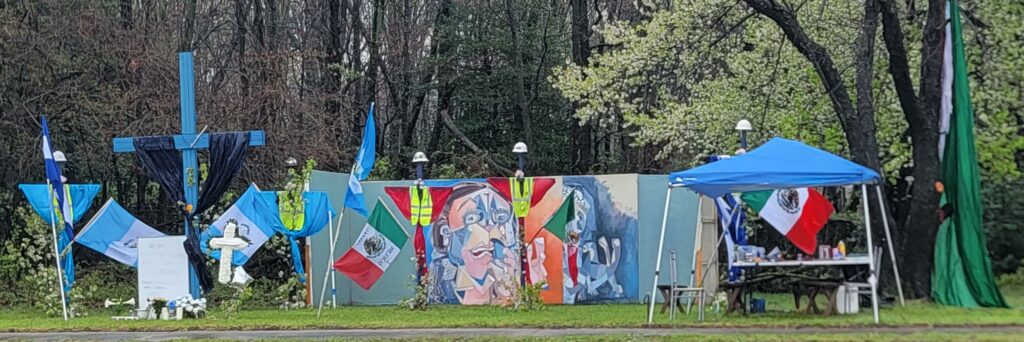Published by AHCC – The Alliance for Hispanic Commercial Contractors
This week marks one year since the tragic collapse of the Francis Scott Key Bridge in Baltimore—an event that devastated our region and highlighted both the fragility of infrastructure and the strength of the workers who help build and maintain it. In the early hours of March 26, 2024, six construction workers lost their lives when a cargo ship lost power and struck the bridge, causing its total collapse.
These men were on the job—filling potholes and making routine repairs—when disaster struck. They were doing the type of work that often goes unnoticed but is absolutely essential. All six were Latino immigrants, chasing the American Dream. Their stories reflect the broader journey of so many who come to this country seeking opportunity, only to find themselves performing the most dangerous, demanding jobs with quiet determination and pride.
Remembering the Victims
We honor the lives of the six men who perished in the collapse:
-
Alejandro Hernández Fuentes, 35, of Mexico, was a father of four and lived in Baltimore.
-
Dorlian Ronial Castillo Cabrera, 26, from Guatemala, lived in Dundalk, MD.
-
Maynor Yasir Suazo-Sandoval, 38, originally from Honduras, had been in the U.S. for nearly 20 years and was a father of two.
-
Carlos Hernández, 24, whose background details remain limited but whose life was no less valuable.
-
Miguel Angel Luna Gonzalez, 49, from El Salvador, was a father of six and a dedicated provider.
-
José Mynor López, 35, of Guatemala, also lived in Baltimore and was known for his work ethic and kindness.
These men were employed by Brawner Builders, a Maryland-based contractor. They were more than workers—they were fathers, sons, neighbors, and dreamers. Their loss ripples far beyond the job site.
A memorial set up by the entrance of Fort Armistead Park in Pasadena to remember the lost workers. Photo by Josh Lopez, AHCC
Lessons Learned
The collapse brought urgent attention to the vulnerabilities in our infrastructure and emergency response systems. Since then, new recommendations and protocols have been proposed to improve maritime traffic regulation, enhance bridge design resilience, and increase safety training—particularly for work crews operating in high-risk zones.
This tragedy also shed light on the often-overlooked realities faced by Hispanic and immigrant laborers: language barriers, limited access to advocacy, and heightened job-site risk. We cannot forget these workers or allow their contributions to be minimized.
The Path Forward
Rebuilding efforts for the Key Bridge are already in progress, with promises from federal and state officials to not only replace what was lost but to construct something stronger, safer, and smarter. As we look ahead, we must ensure that the workforce rebuilding this vital structure is equipped with the protections and recognition they deserve.
Hispanic workers like the six men we lost will continue to be the backbone of these efforts. AHCC is committed to honoring their legacy by advocating for:
-
Safer working conditions and site-specific training in Spanish and other languages.
-
Greater visibility and respect for Hispanic contractors and tradespeople.
-
Inclusion in decision-making and leadership roles within the construction industry.
A Call to Remember and Act
This anniversary is a solemn moment—a time for remembrance, for grief, and for renewed resolve. We call on our community, industry partners, and policymakers to do more than mourn. Let us build a future where every worker returns home safely. Let us elevate the voices of Hispanic workers who continue to shape our cities, our skylines, and our shared future.
May the memory of Alejandro, Dorlian, Maynor, Carlos, Miguel, and José forever remind us of the price of progress and the value of human life behind every beam, brick, and bridge.


